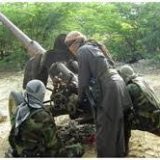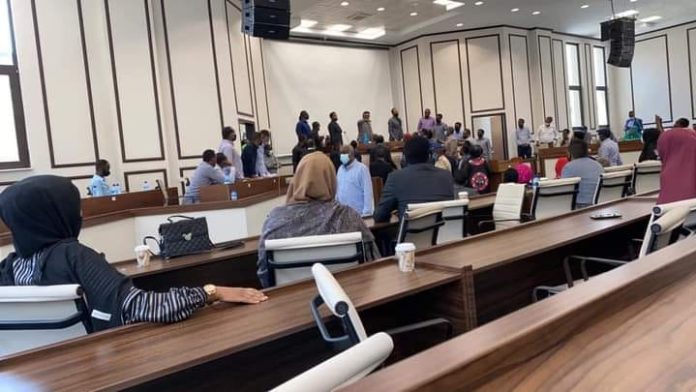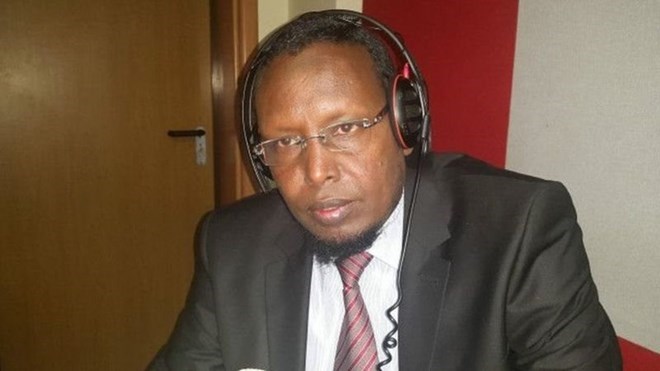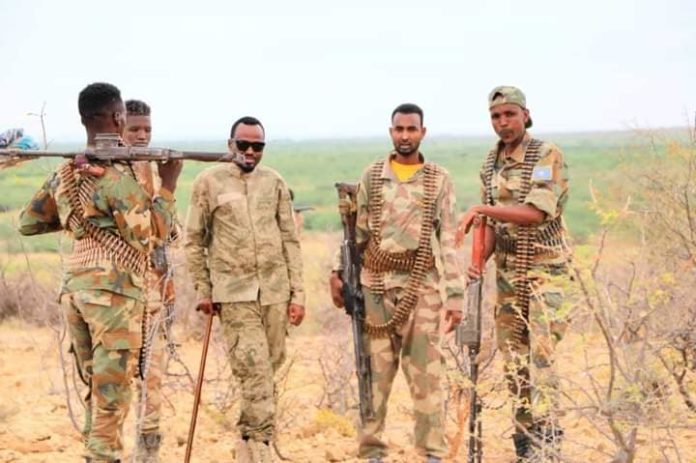Popular three-wheel scooters transform lives of Mogadishu youth
advertisements
MOGADISHU Somalia (Xinhua) — Undeterred by the afternoon heat, Hassan Ali roves the streets of Mogadishu in his three-wheel car, commonly referred to as Bajaja, as he picks and drops passengers.
Such is Ali’s newfound occupation after toiling for years in the city.
Bajaja is not only the new form of transport in Mogadishu but also the source of income for young people.
“With 14 U.S. dollars for hire and another 6 dollars for fuel, you use the car for the whole day.
“What you make on top of that is all yours; it depends on your effort and relationship with clients, ” says Ali.
Ali told Xinhua in an interview on Friday that he makes between 35 dollars and 45 dollars a day, which he says can comfortably sustain his family.
“I used to be idle at home, with not even a shilling to fend for my family, but I am now a proud man,” said the driver who has been in business for the last six months.
Another driver, Ahmed Nor, says he makes 45 dollars a day, a good income to meet his family needs, and the Bajaja business has changed his life.
“I can now feed my family without a problem and take my children to school from this business,” says Nor as he stops to pick another passenger off the road.
Bajaja has also eased transportation for passengers who are now enjoying low-cost transport.
Fatima Nor, a resident in Mogadishu, told Xinhua she now spends little money for transport compared to boarding a taxi.
“Bajaja is far cheaper than taxi because I pay 2 dollars for a ten-kilometer journey, while I used to pay more than 10 dollars to the taxi people for the same distance,” she said.
The improvement of security in Mogadishu and its environs has led to exponential growth of business and establishment of new forms of business.
Such developments were not possible two years ago when the militant group ‘al-Shabaab’ controlled a larger part of Mogadishu, with its base in a beach just within the capital city.
High unemployment rates have for a long time exposed the youth to such groups as ‘al-Shabaab’, which lure them into joining the group with little money.
A 2014 study by Institute for Security Studies indicates that some youth were recruited to the militant group ‘al-Shabaab’ for as low as 50 dollars.
Another report, Somalia Human Development Report by UN Development Program in 2012, notes that 67 percent of youth aged 14 and 29 years lacked any form of employment.
The introduction of Bajaja business could be seen as a step in alleviating poverty and pulling the youth from such vulnerabilities as joining ‘al-Shabaab’.
Abdi Mohamed, the owner of Bajaja, says many young people have had their lives transformed with this business.
“Since we started this Bajaja hire service, many young people have been able to secure income for their families,” said Mohamed.
He told Xinhua he has five Bajajas, and each driver brings an average of 15 dollars per day.
He says he pays 1 dollar for each car to the government as taxes





















